By Dr Charles Margerison.
Psychologist.
This questionnaire will give you feedback, as a basis for discussing your self-development plans. Research on the lives of amazing achievers shows they had a ‘can do spirit.’
That means they adopted positive ways of ‘thinking and doing’, in areas of their life and work that they chose to focus upon. As a result of doing so, they became more successful at converting their interests into applications.
This resource is designed for use by students, parents and teachers. The feedback is a basis for discussion on how to improve personal achievement.
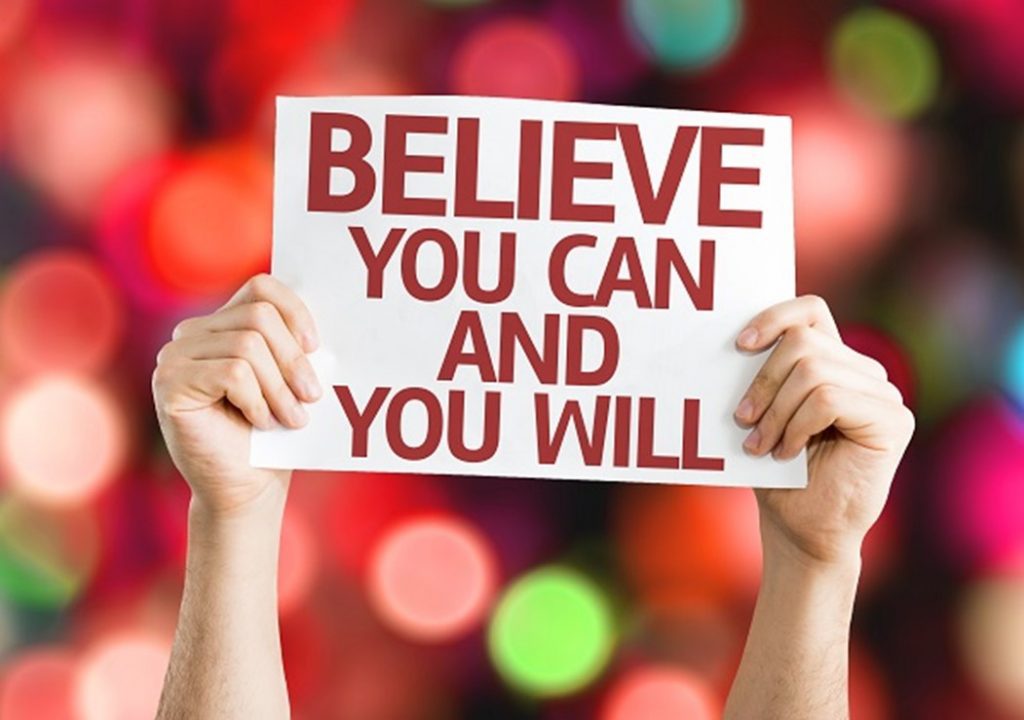
There are two major kinds of ‘Can Do Spirit.’
Specific – This can be measured by choosing an area of work or a hobby that is of interest you. For example, in sport you may choose running or swimming, or both.
General – You can also measure your general ‘Can Do Spirit.’ This reflects your overall feelings about your life at this time.
Specific – This can be measured by choosing an area of work or a hobby that is of interest you. For example, in sport you may choose running or swimming, or both.
General – You can also measure your general ‘Can Do Spirit.’ This reflects your overall feelings about your life at this time.
On the following scale, please give a score for each item from 1 = low to 10 = high, on how you feel.
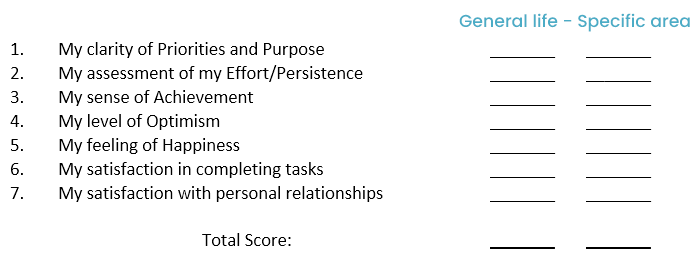
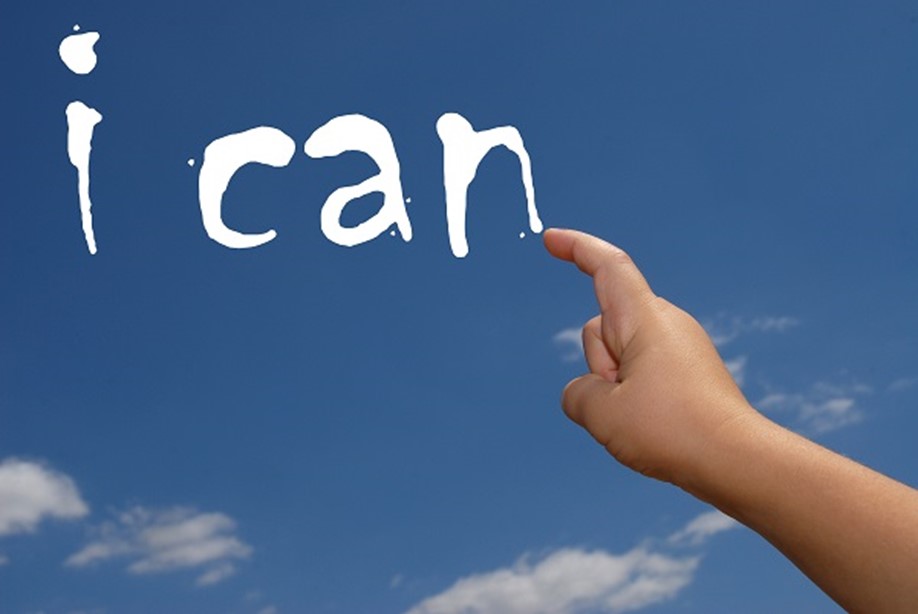
The scores provide a basis for discussion on how you see your ‘can do spirit’ and ways to improve your level of achievement. It is designed for personal development discussion. The following notes can be used as a basis for those.
1 -Priorities and Purpose – Your score. ……
Discuss with a friend, family member or professional contact how you can become clearer on your priorities and purpose. A good way of doing this is to outline activities that you like doing and find ways to focus more on those. This will involve using the character strengths of creativity, good sense, open-mindedness and many more.
2 – Effort and Persistence – Your score. …..
In a study made to find out why some people are high achievers, it was found that they persisted with their efforts much longer than those who did not succeed. So, discuss what areas you focus on, and develop plans to improve your persistence. This will involve you using the character strengths of resilience, perseverance, self-discipline and many more.
3 – Achievement – Your score. ……
We all have different levels of aspiration. Some people are more ambitious than others. How do you feel about your achievements at this time? Discuss what achievements you will focus on in the next year, the next three years, and the next five to ten years. This will involve using the character strengths of curiosity, innovation, initiative and many more.
4 – Optimism – Your score. …….
Various studies have found that the extent to which a person is realistically optimistic will determine their level of achievement. This means they assess the probabilities of what is possible. Then, they have a planned positive ‘can do’ approach. What are you optimistic about achieving.? This will involve using the character strengths of enthusiasm, gratitude, integrity and many more.
5 – Happiness – Your score. …..
Personal happiness depends on how you respond to challenges in life. People who are poor can be happy. People who have illnesses can be happy. It is the way they adapt and manage, and this depends on their ‘can do spirit.’ What do you need to do to maintain and increase your level of happiness? This will involve using the character strengths of kindness, optimism and many more.
6 – Tasks – Your score. ……
The extent to which you get work projects completed is a key measure of your ‘can do spirit.’ How effective are you at present? What do you need to do next? This will involve using the character strengths of adaptability, motivation and many more.
7 – Relationships – Your score. …..
What do you need to do to maintain existing strong relationships and develop other ones that are important to you? This will involve using the character strengths of empathy, teamwork, tolerance and many more.
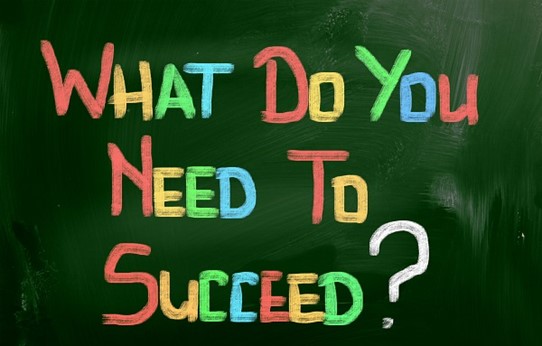
For reference, the following are web- based resources that support the ‘can do spirit.’
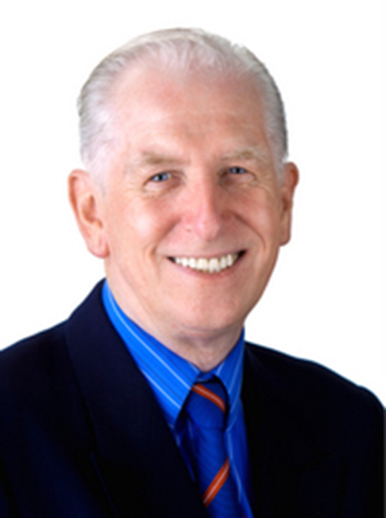
Dr Charles Margerison, President and founder of Amazing People Worldwide, is a Psychologist. He is also President of Amazing People Schools. Dr Margerison has consulted widely for major organizations in the fields of organizational and educational psychology. He was previously Professor of Management at Cranfield University, UK, and the University of Queensland, Australia. He founded Amazing People Worldwide in 2006 and is supported by a dedicated global team. He previously co-founded Emerald Publications, and Team Management Systems and has authored more than 30 books. Dr Charles is also the creator of ‘Can Do Kids Worldwide, a virtual music group that helps students to learn about countries and cultures through music. He has also developed Imagineland, for early learners. You can follow him on Linked in .
For more information, please email info@amazingpeopleworldwide.com
Websites:



Copyright © 2021. Amazing People Worldwide.
All Rights Reserved.
This site is protected by reCAPTCHA and the Google
Privacy Policy and Terms of Service apply.



